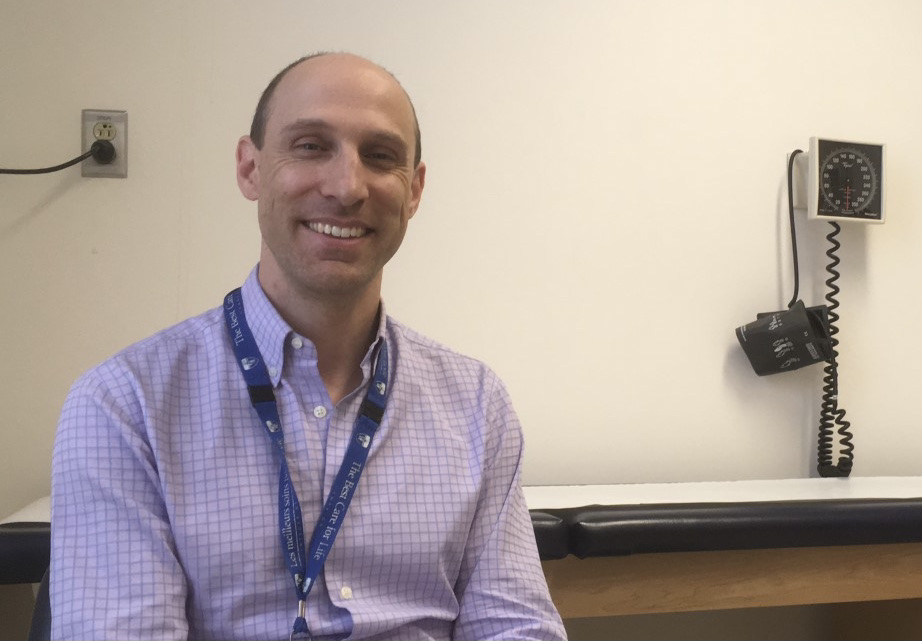
The past decade has seen tremendous strides made in cancer treatments. Increased access to clinical trials and personalized medicine have helped make many types of cancer treatable. According to the Canadian Cancer Society, the five-year survival for individuals diagnosed with a cancer is now 63 per cent, meaning most Canadians have a better chance of surviving than ever before.
But in the case of brain tumours, progress in developing new treatments has been slow. Previous research at The Neuro (Montreal Neurological Institute-Hospital) showed that the presence of multiple types of cancer cells within each brain tumour can complicate the process of targeting treatments.
New clinical trial for glioblastoma
That’s why the Clinical Research Unit at The Neuro is excited to be taking part in a new clinical trial for glioblastoma. Glioblastoma (GBM) is the most common primary malignant brain tumour, accounting for 15 per cent of cases. It is an aggressive cancer that occurs on the brain or spinal cord; the median survival time (that is, for half of the patients affected), is only 18 months even with aggressive treatment.
While treatments for glioblastoma are now available, 90 per cent of patients will have a recurrence. Due to the small number of drugs available to treat this cancer and to their poor efficacy, patients experiencing a recurrence may already have exhausted their options for treatment.
“It is hard to come by clinical trials in neuro-oncology in general. This is particularly true when it comes to patients facing a recurrence of their brain cancer,” explains Dr. Scott Owen, an assistant professor of oncology at McGill and the principal investigator of the GBM AGILE (Glioblastoma Adaptive, Global, Innovative Learning Environment) trial at The Neuro. The trial is aimed at individuals with newly diagnosed lesions in which there is no mutation of the IDH gene – so-called “wild type” glioblastoma – as well as individuals who are experiencing a recurrence.
“It’s one of the more important areas to study because the data we have on treatments at the time of recurrence is limited. Having more knowledge about what’s efficacious will make a substantial impact on what we can offer these patients,” notes Dr. Owen.
Increasing treatment options
This international trial is sponsored by the Global Coalition for Adaptive Research which is collaborating with several pharmaceutical companies. The multi-modal trial is unusual in brain tumour research: it is uniquely designed as a long-standing platform with the ability to test multiple therapies at the same time against a common control group which will receive the treatment that is currently the standard of care. Based on analyses of the observed data, the trial will adapt the way that participants are randomly assigned to the different study arms.
“What is unique is that if one of the treatments is seen to be futile based on preliminary analyses, the drug drops off the trial protocol,’’ explains Dr. Owen. “This format allows for these populations that are rare and harder to study, and for whom time may be limited, to have a number of drugs evaluated at one time.”
The hope is that this adaptive multi-modal trial will speed up how quickly discoveries can be made and new potentially efficacious drugs can be available for use. “If even one treatment is developed from this trial, for some patients that would mean their treatment options have increased by 50 per cent or even 100 per cent,” says Dr. Owen.
The Clinical Research Unit at The Neuro is still seeking patients for the AGILE trial. For more details visit cru.mcgill.ca/brain-tumour or contact the Brain Tumour Team at (514) 398-6907 or (514) 398-2801.
